Note: Did you come in the middle? Here are links to ➡️ Chapter One, Chapter 2, Chapter 3, Chapter 4
Let the Rom-Coms Roll
I turn to the Rom-Com for answers. Don’t be quick to discount: Wisdom comes where you look.
I’ve watched Hitch more times than I can count. I’m obsessed with this movie and many others—Four Weddings and a Funeral, for another (You don’t want to know how many times I’ve watched and wept over that one.)
Here’s how the best ones work: Hitch, the first example: Two cynics meet, neither believes love works, one or both have been hurt or screwed by believing that the open heart is a good thing. So one, or in this case both, have closed off that option: closed heart, closed heart.
Open heart, open heart lying behind the little box we carry in our chests. Who’s got the key to the box?
I think, LOVE? Doesn’t exist. I’ve got the key to my box. I can shoot hoops (double entendre: look it up) while I wait, but I can look and look I do.
On JDate I meet m., real-estate developer. I come home from Oz to my condo with all its boxes to meet him. He’s my age, a bit overweight, a widower, who reminds me of D. Not the body—D.’s body, slim and hard and tight—but m.’s height, the blue eyes, the open face draw me. He has two teenage girls, a newly built house he and his wife had bought and designed before she fell ill with a pernicious form of breast cancer. She died three months after diagnosis.
We meet at Oya in downtown D.C. near my condo, and we have dinner at a hard-to-get good table he has finagled.
He orders good wine and we both order au courant Asian-French tapas. We talk about grief. I tell about the losses of my mother, my sister, three years apart, and then the loss of my father, slowly. All the deaths were slow and painful, my mother and sister over my youth and adulthood and my father over the ten years I was finally doing what I had waited my whole life to do, as Elisabeth Bishop says in “One Art,”
. . . the art of losing’s not too hard to master though it may look like (Write it!) like disaster.
m. comes back to my condo and we talk, sitting on my pale white leather wrap-around couch. He tells me that, after his wife died, he quit his job to take care of his girls, works as a consultant so that he has flexible hours. He tells me he bought in Paris a Sean Sculley painting I love and have seen at The Phillips Gallery.
He’d bought it before Sculley hit hot in the U.S. He met Sculley’s agent in Paris and then reneged on the deal with the good-hearted agent who understood m. needed the money back—some one-hundred-thousand dollars for a painting that is now worth six times that—to take care of his girls. He tells me he’d been a bit reckless when he bought the art he still adores and has lost.
m. is looking for a job as his girls find their way through grief that comes on them like tidal waves he can’t handle. But he has a shrink and she’s helping him find his way. He’s not in typical mourning because what his girls may or may not know is that he and his wife were about to separate before she fell ill, that they were wending their way toward what would have probably been the result of the counseling they were joined in. He married late. He screwed around, many short-term relationships before he finally married. He tells me he understands now that he has trouble with commitment, that he has trouble with intimacy, that his childhood laid the foundation, as all our childhoods make us who we are. He tells me we must find our own way through to discover who we are to become.
A lot revealed on a first date and we wrap around each other in understanding. I am not good at being the cynic and tell him about the loss of D. He listens. He’s quiet and reserved but full of heart—and reckless for art.
He asks, “Do I need to take care of you?”
He then comes over in the afternoon the day after the first date. He tells me he has a girlfriend, but that relationship is ending. He wants to make love. So do I, I think. He’s one of the good guys, I think (and still do.)
I have the key to my box.
I can do this. “I can take care of myself,” I answer, and we make love.
He comes over the next afternoon. He’s tired. We lie down on my bed, clothed, and we both sleep—relaxed, safe, intimate.
And then I go to Williamstown to visit my daughter Sarah and Ryan, my son-in-law for New Year’s. My daughter, a professor at the college. I’ve told Sarah and Ryan about m. Before I board the plane, I sit at BWI and talk to m. on the phone before he’s to be interviewed by the boarding school, very near Williamstown, where his oldest daughter hopes to go to prep school. I give advice about what he should say: Open heart, be concrete, I say from my cell phone to his: He’d called me.
Ryan meets me at the Albany airport. When Ryan sees me he says I’m flushed. “Did you do it with m.?” he asks. I demur, and Ryan knows. Sarah and Ryan look at his profile on JDate. He’s not Jewish but likes Jewish women. His wife was Jewish. Sarah cooks a gourmet dinner and we go to the Williamstown Theater to see the only thing playing, Holiday, writer-director Nancy Myers (Something’s Gotta Give—my daughter and I saw that one together in New York—and Baby Boom that Myers did when she was still married to her partner).
Sarah says about Jude Law and Cameron Diaz, “This is going to happen to you, is happening. I want this for you. I want you happy again. Maybe he’s the one.” Sarah loves the Rom-Coms, too.
Sarah, after all was said and done with m., and more tries that came after (yes, I will tell), doesn’t think I write the story I’m telling you with enough irony. She thinks I’m sentimental. “You need to be more ironized,” she advises. I think, Is that really a word? as I see myself on the board and the iron of life rolling over me. I think of all the ways that life betrays the living. I think of Tillie Olsen, “I Stand Here Ironing,” the short story in Tell Me a Riddle. Tell me a riddle, please.
m. doesn’t call. I return to D.C. and then late in January to Missouri to finish out the second semester of my visiting author job. I wait like a school-girl for the phone to ring. And finally, after more than a month, I send an e-mail: How are you? I ask. He replies, and signs his, “Warm regards.”
And then one night about another month later, he calls me at 11:30 at night and explains that he’d had trouble finding my number. He accuses me of being cool when I answer (not in the sense we meant that word when we were young in the fifties and still believed in love—or thought we did). He woke me. I’m not good near midnight. Too much hope.
Too much Cinderella: The Grimm Brothers tell us, Cinderella had jumped quickly down from the back of the pigeon house (where she’d been hiding after she had danced with and escaped from the prince) and had run to the little hazel-tree, and there she had taken off her beautiful clothes and laid them on her mother’s grave.
I write this e-mail:
Dear m.,
I have hidden my profile on JDate. I have needed time to think about what I am about in all this, how much I need to be loved sincerely and wholly. And I need to search for that with the knowledge that passionate, joyous intimate love is rare and hard to find.
I did not mean to be cool last night, but I was quite tired. And I did not know how to express what I am saying here without appearing to blame you. I do not blame you. I did what I did with you because I wanted to. I do think now that I was reckless. That is what you were hearing last night when I made the comment about the lateness of your call.
I am glad that you called. But I do think that it is probably no accident that my number was not in your address book. I was not on your center stage, so to speak. You were on mine for a brief and lovely respite in my life.
Whether or not we might recapture that is to be seen.
Best,
Mary
PS: I sign my note “best” and you signed yours “warm regards.” One must wonder if I did indeed have the “zipless fuck” with you. I don’t think that’s what happened. But it is how it felt in the aftermath.
He calls in the morning and tells me he has met a woman in New York and that he thinks this one is for real.
You’ve got to admire the honesty.
And the break in my heart that is not his fault, widened. But I was ironized. That’s a good thing, isn’t it?
I find this on the Internet:
HOW DO YOU DECIDE WHO TO MARRY? (written by kids)
You got to find somebody who likes the same stuff. Like, if you like sports, she should like it that you like sports, and she should keep the chips and dip coming. -- Alan, age 10
No person really decides before they grow up who they're going to marry. God decides it all way before, and you get to find out later who you're stuck with. -- Kristen, age 10
WHAT IS THE RIGHT AGE TO GET MARRIED?
Twenty-three is the best age because you know the person FOREVER by then. -- Camille, age 10
HOW CAN A STRANGER TELL IF TWO PEOPLE ARE MARRIED?
You might have to guess, based on whether they seem to be yelling at the same kids. -- Derrick, age 8
WHAT DO YOU THINK YOUR MOM AND DAD HAVE IN COMMON?
Both don’t want any more kids. -- Lori, age 8
WHAT DO MOST PEOPLE DO ON A DATE?
Dates are for having fun, and people should use them to get to know each other. Even boys have something to say if you listen long enough. -- Lynnette, age 8 (isn’t she a treasure?)
On the first date, they just tell each other lies and that usually gets them interested enough to go for a second date. -- Martin, age 10
WHAT WOULD YOU DO ON A FIRST DATE THAT WAS TURNING SOUR?
I’d run home and play dead. The next day I would call all the newspapers and make sure they wrote about me in all the dead columns. -- Craig, age 9
WHEN IS IT OKAY TO KISS SOMEONE?
When they’re rich. -- Pam, age 7
The law says you have to be eighteen, so I wouldn't want to mess with that. -- Curt, age 7
The rule goes like this: If you kiss someone, then you should marry them and have kids with them. It’s the right thing to do. -- Howard, age 8
IS IT BETTER TO BE SINGLE OR MARRIED?
It’s better for girls to be single but not for boys. Boys need someone to clean up after them.-- Anita, age 9 (Bless you child.)
HOW WOULD THE WORLD BE DIFFERENT IF PEOPLE DIDN'T GET MARRIED?
There sure would be a lot of kids to explain, wouldn’t there? -- Kelvin, age 8
And the #1 Favorite is:
HOW WOULD YOU MAKE A MARRIAGE WORK?
Tell your wife that she looks pretty, even if she looks like a truck. -- Ricky age 10
These children are too young for the Rom-Com. Most of these films are rated R because of partial nudity: Sex is a key part of romance and of comedy. I ask, What is the most ridiculous position two people get in? Think about how it looks, not in the movies but, horrors, from a mirror in the ceiling.
In Hitch, as in most good romantic comedies—after all they are comedies—a misperception or unfortunate coincidence takes over the film before one or both cynics can see LOVE for what it might actually be: inexorable, indomitable, irrefutable, life-changing.
One could argue that coincidence drives the ending of Romeo and Juliet. I argue that the world of propriety could not bear their love.
Read any love stories in the news lately? Except for Michelle and Barack?
Love, actually: (Also another Rom-Com) Does it exist? Or do we all need to be ironized?
Next: Chapter 6: Like a coin Table of Contents
Love,

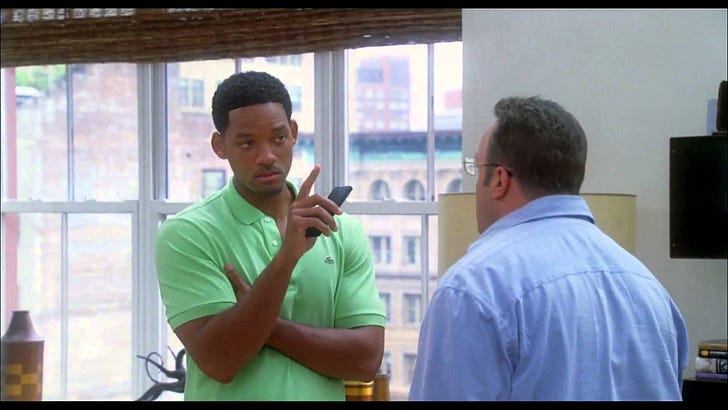


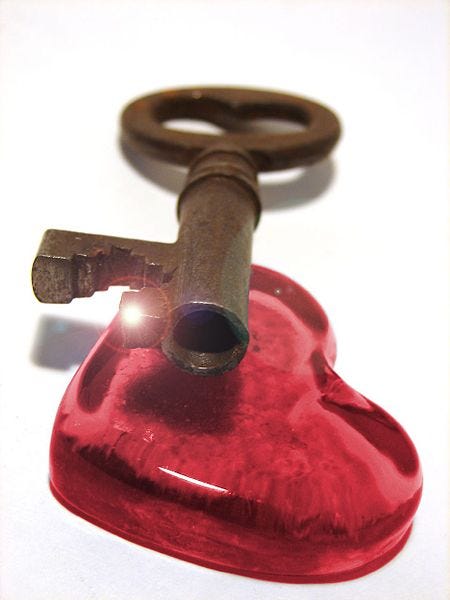

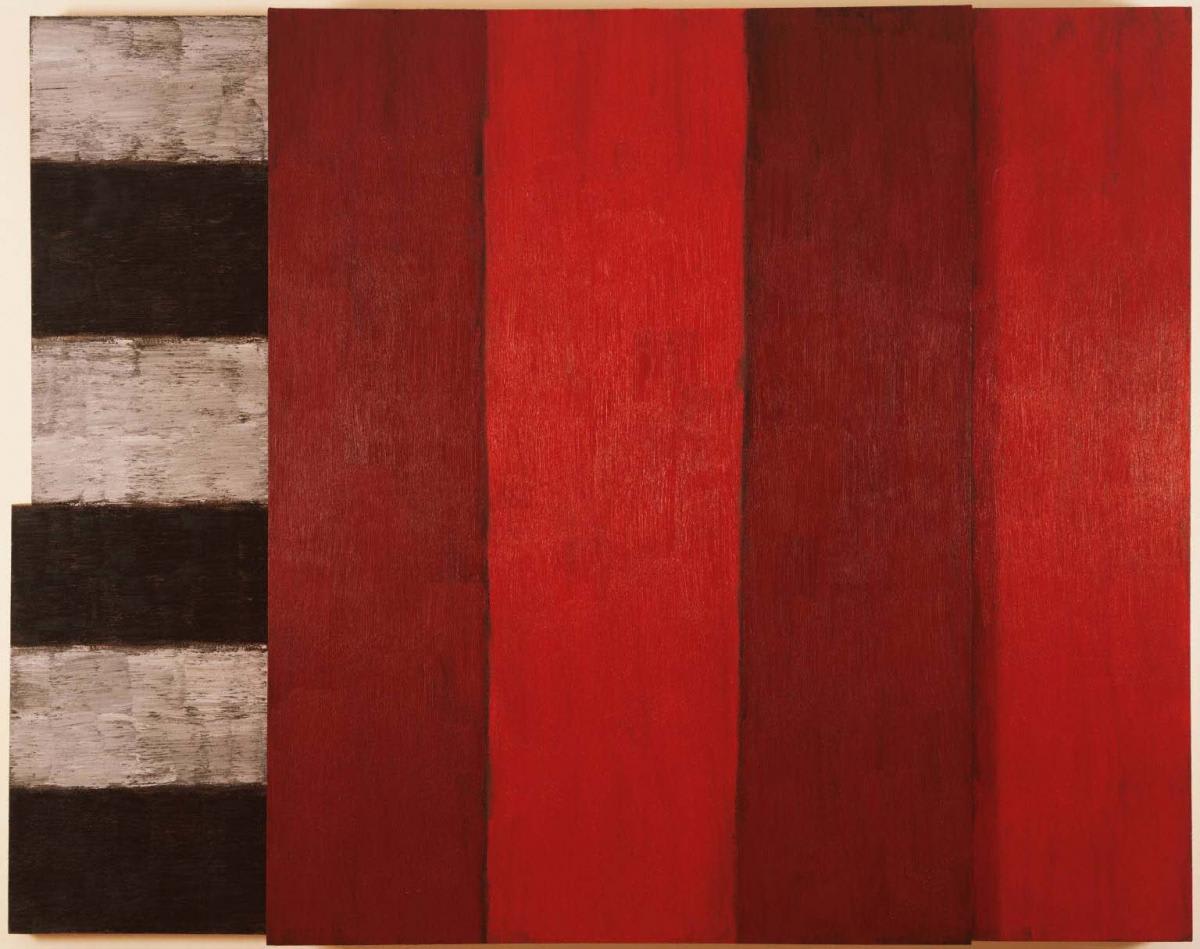
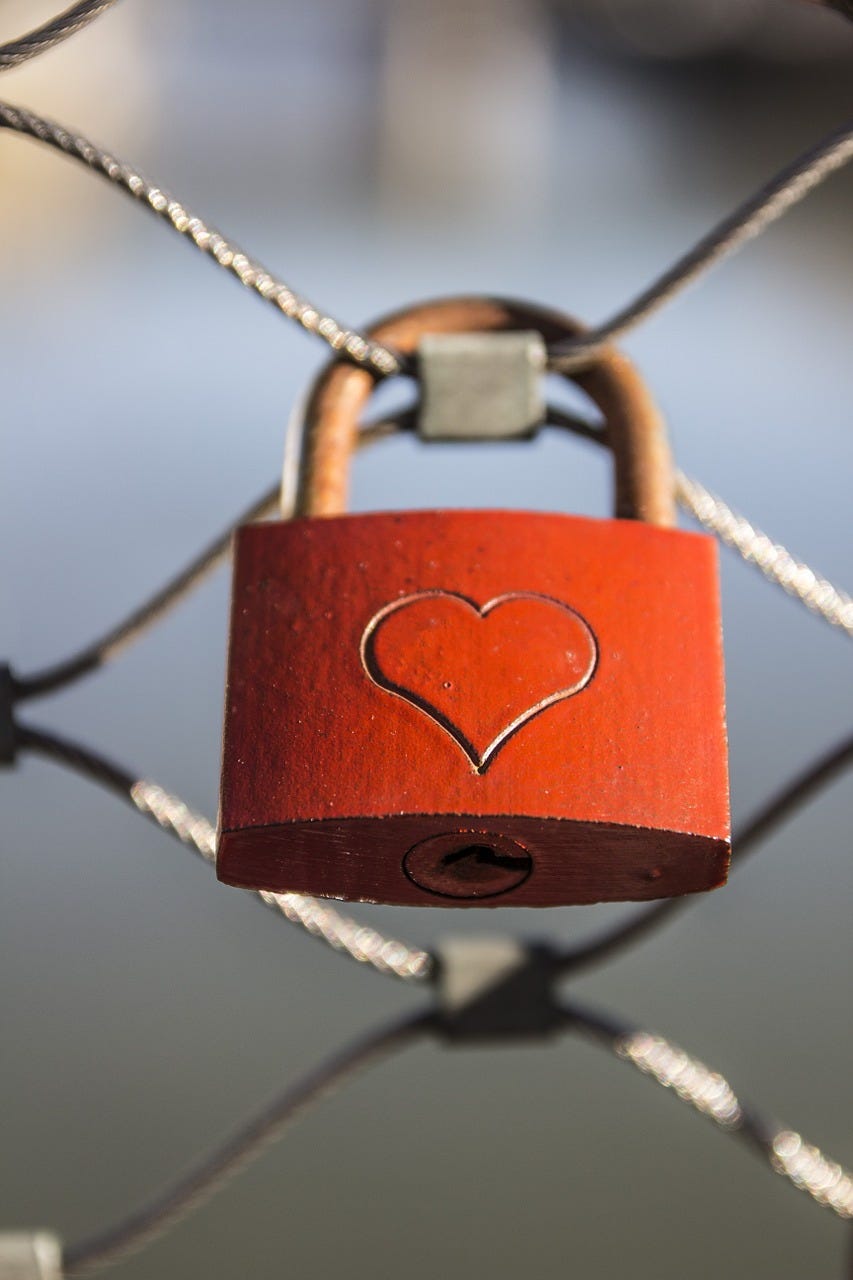
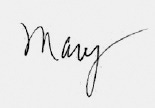
Great and open! Must have been somewhat difficult to keep the pen on paper. I guess airing out the dirty laundry is a good path to a clean soul. It gives me an opening to air out my early history and see if I could be so honest and remain interesting to my supposed readers.
Each post better than the last... the advice written by kids is priceless. Thank you for sharing so openly and honestly of your experiences. Being "ironized" feels to me a lot more like you describe it - being ironed by life and flattened repeatedly. But I believe in hope and have seen life change for the better in an instant so I'm choosing to keep that perspective even when I'm feeling flattened by life.